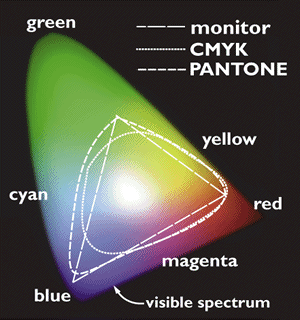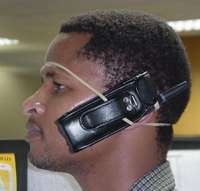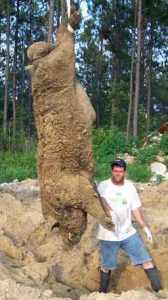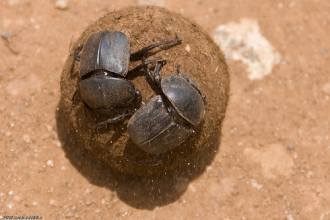The Economist has this article about a recent study showing that washing makes people view unethical activities as more acceptable. In other words being physically clean makes you more morally relaxed!
Judging moral strictness
The ‘moral strictness’ of the test subjects was tested by asking them to rate a series of acts on an ethical scale (from perfectly okay to very wrong). The activities being rated ranged from “taking money found in a lost wallet, via eating a family’s dead dog to avoid starvation, to using a kitten for sexual arousal.”
Experiment 1
In one experiment test subjects were given sentences to unscramble. Half were given neutral words only, and half were given words like “washed”, “clean” and “immaculate”.
Experiment 2
In the second experiment all test subjects were shown a 3 minute clip from Trainspotting to “incite feelings of disgust”. Half of the subjects were then told to wash their hands while half were not.
Results
In both experiments the test subjects who were clean (or thinking about being clean) rated activities as more morally acceptable.
My theory
If you read my post on the truth about morality (it’s long but I highly recommend it) then you will know that humans have a group of ‘moral instincts’. Five moral areas that come instinctively to almost all humans across all cultures.
One of those moral instincts is purity (avoiding being dirty). So when the test subjects were dirty or thinking about being dirty the purity moral instinct was triggered thereby heightening activity in the moral centers of the brain.
So when the other moral instincts (like fairness) were tested during the rating phase of the experiments the moral centers of the brain were already active and the subjects were morally stricter.
 Do you know what “the gamut” is? Until I read this article on laser digital-cinema projectors I didn’t either.
Do you know what “the gamut” is? Until I read this article on laser digital-cinema projectors I didn’t either. The Economist has an
The Economist has an  The Economist has an
The Economist has an  The Economist has
The Economist has 

